In a world where human conflicts seem to be escalating both online and offline, an unexpected mediator has emerged as a surprisingly effective peacemaker: artificial intelligence. Recent studies reveal that AI-powered emotional coaches are now outperforming human mediators by a significant margin, achieving a 20% higher success rate in resolving disputes ranging from workplace disagreements to marital spats. This revelation is sending shockwaves through the psychology and conflict resolution communities, challenging long-held assumptions about the uniquely human capacity for empathy and emotional intelligence.
The breakthrough comes as no surprise to Dr. Eleanor Chang, lead researcher at the Stanford Emotional Intelligence Lab. "What we're seeing isn't cold, calculating machines replacing human warmth," she explains, "but rather sophisticated systems that combine neural pattern recognition with vast databases of successful mediation techniques." These AI coaches analyze speech patterns, word choices, and even micro-expressions through video feeds to detect underlying emotions that human mediators might miss in the heat of conflict.
One particularly striking case involved a longstanding feud between two Silicon Valley executives that had stalled a $200 million merger. After three failed attempts with human mediators, the parties agreed to try an experimental AI mediation system. The algorithm detected subtle linguistic cues indicating unspoken respect beneath the surface hostility, crafting communication prompts that transformed the negotiation dynamic within hours. The deal closed the following week.
Corporate environments aren't the only proving grounds for this technology. Relationship counselors report remarkable outcomes using AI assistants during couples therapy sessions. The systems can identify when partners are talking past each other, suggesting reframed statements that capture the speaker's true intent while minimizing defensive reactions. Perhaps most importantly, these digital mediators never tire, never take sides, and maintain perfect recall of every word spoken throughout lengthy disputes.
Critics initially feared that AI mediation would feel sterile or artificial, but users consistently report the opposite experience. "It's like having the world's most patient therapist who remembers everything you've ever said," remarked one user whose family business was saved from dissolution through AI-assisted conflict resolution. The systems' ability to remain utterly impartial while detecting even the most subtle emotional undercurrents appears to create an environment where all parties feel truly heard.
As the technology advances, ethical questions emerge about data privacy and the appropriate boundaries for machine involvement in human emotional affairs. Regulatory bodies are scrambling to establish guidelines, while therapists' associations debate whether to embrace these tools or view them as threats to professional practice. What remains undeniable is the measurable impact: fewer unresolved conflicts, less lingering resentment, and tangible improvements in both personal wellbeing and organizational productivity.
The implications extend far beyond individual disputes. Political scientists speculate about applications in international diplomacy, where cultural biases and historical baggage often cloud human judgment. Early experiments with cross-border trade negotiations show promise, though the complexity of geopolitical conflicts presents challenges no algorithm can yet fully navigate. Still, the 20% improvement in resolution rates holds across diverse conflict types, suggesting we've only begun tapping this technology's potential.
Perhaps the most profound revelation isn't that machines can mediate conflicts well, but that they reveal how often human mediators unconsciously escalate tensions through subtle biases, fatigue, or emotional triggers. In holding up this mirror to our own limitations, AI emotional coaches may teach us as much about human nature as they do about artificial intelligence. As these systems become more sophisticated and widely available, they're poised to transform not just how we resolve conflicts, but how we understand them in the first place.

By /Jul 28, 2025

By /Jul 28, 2025

By /Jul 28, 2025
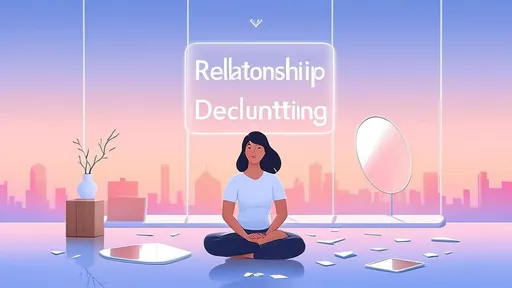
By /Jul 28, 2025

By /Jul 28, 2025
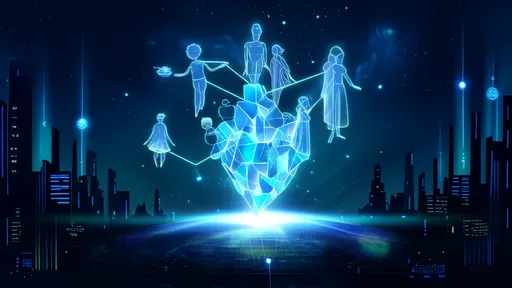
By /Jul 28, 2025
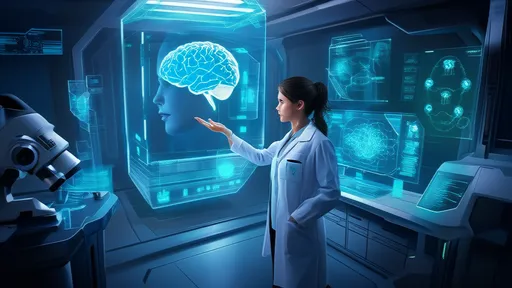
By /Jul 28, 2025

By /Jul 28, 2025
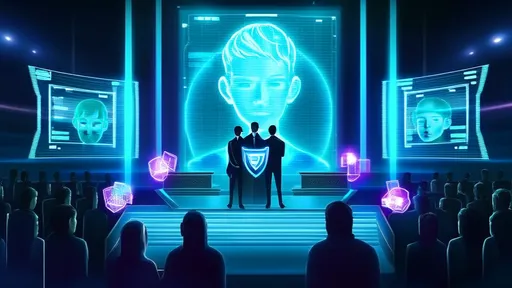
By /Jul 28, 2025
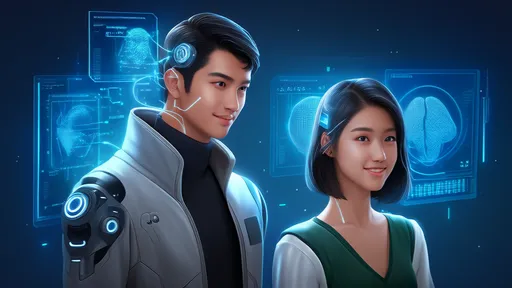
By /Jul 28, 2025

By /Jul 28, 2025

By /Jul 28, 2025

By /Jul 28, 2025

By /Jul 28, 2025

By /Jul 28, 2025

By /Jul 28, 2025

By /Jul 28, 2025
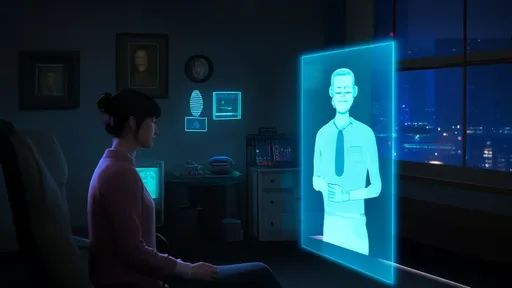
By /Jul 28, 2025
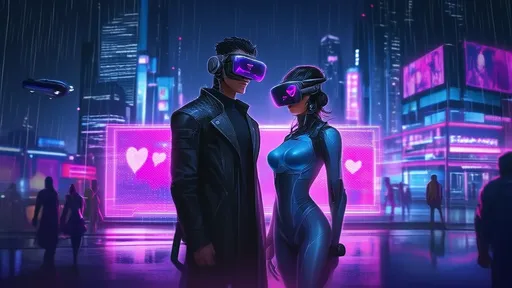
By /Jul 28, 2025
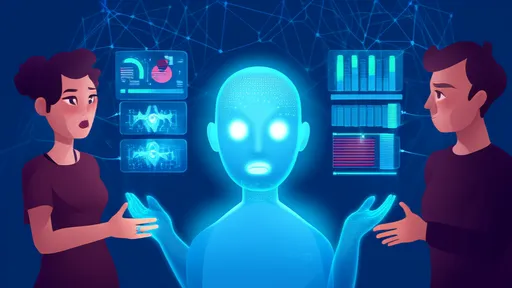
By /Jul 28, 2025